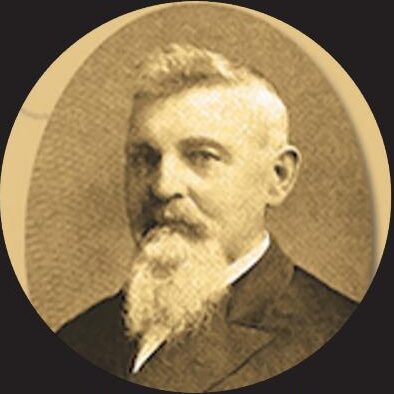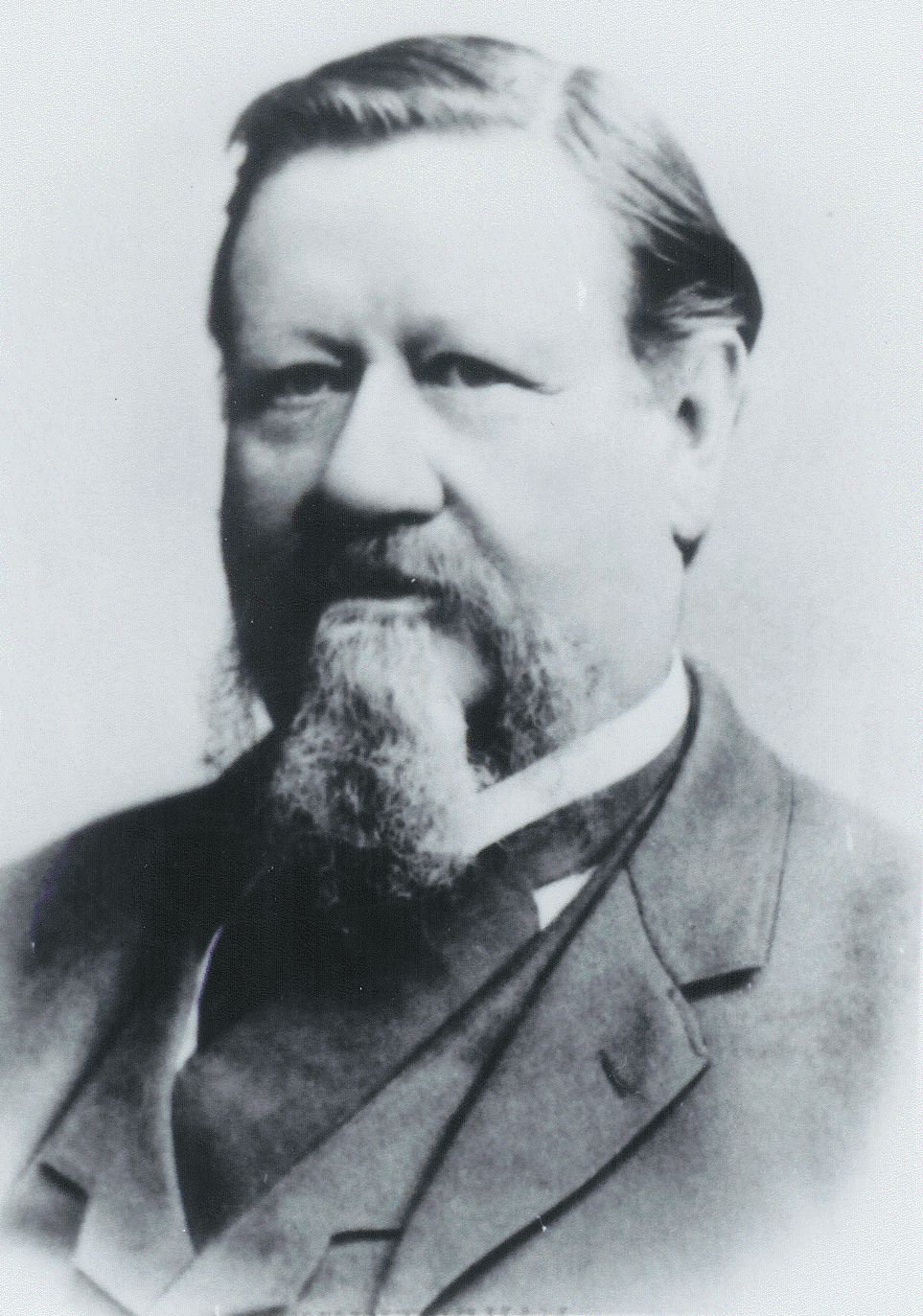Profit, Prison And Pain




THE CONFEDERATES WHO BUILT AN EMPIRE AND CREATED A "HELLHOLE" - WITH CONVICT LABOR




The working conditions in Cunningham and Ellis's sugar fields were as bad or worse than they had been on the slave plantations. Mosquito-borne epidemics, frequent beatings, and a lack of medical care resulted in a three-percent annual mortality rate.
"Blood and Sugar" by Michael Hardy Texas Monthly, Januaгу 2017
Cunningham and Ellis didn’t give up. They entered into a new, five-year lease with the state of Texas in 1878 that gave them access to every convict in Texas’s prisons — more than 2,000 people. They paid the state $3.01 for every inmate they leased to work for them.
Cunningham and Ellis, whose daughter was named Sartartia, had more than 500 convict laborers working their sugar cane operation through 1882. They became even more wealthy by subleasing inmates to other area businesses and plantations. Their business venture also was shut down by the state in 1882 for brutality. Cunningham and Ellis ended their partnership in 1883. It was bought by Isaac H. Kempner and William T. Kempner. These new owners also used convict labor and built a business – named “Imperial” from a New York hotel with the.
None of these men, say historians, cared about the lives they held in their hands. “One Dies, Get Another,” author Matthew Mancini wrote in his book of the same name. It was always about profits… not people.
Educate. Honor. Heal. The Society of Justice & Equality for the People of Sugar Land (S.O.J.E.S.) is an independent, non-profit community organization dedicated to historic preservation and educating the community about the contributions of African Americans in the creation and progression of Sugar Land and Fort Bend County, Texas. This includes commemorating and memorializing the Sugar Land 95. sojesjustice.org


